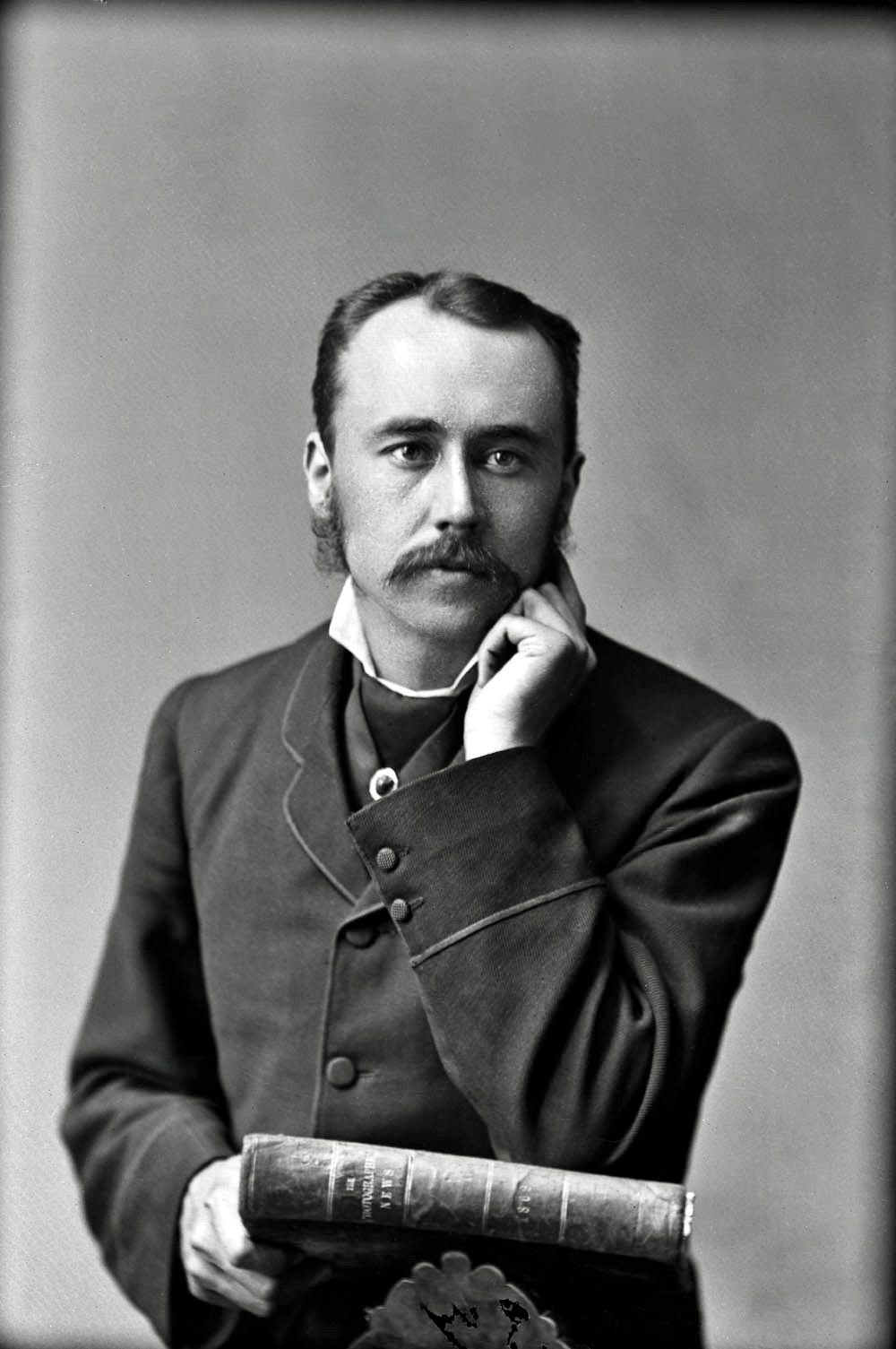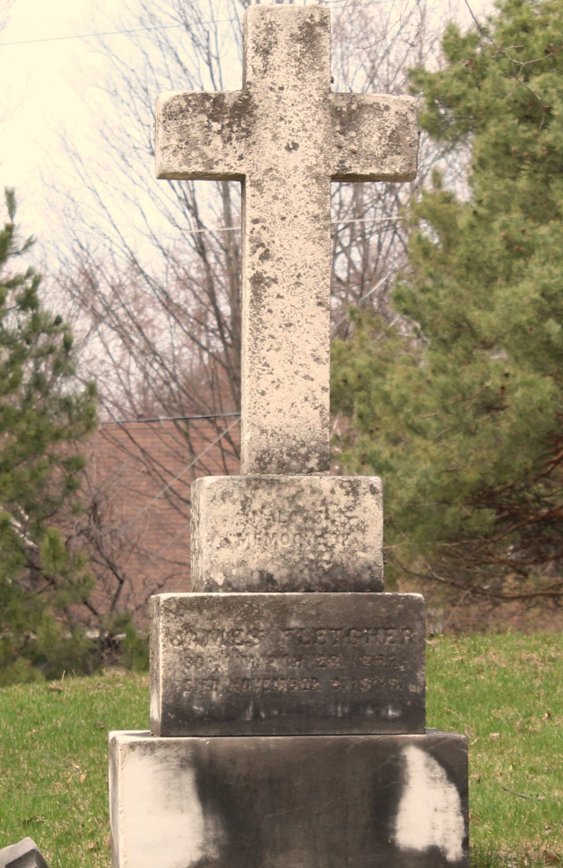
James Fletcher: A Pioneer of Canadian Botany and Entomology
Section 21, Lot 12 S
Born on March 28, 1852, in Ashe, England, James Fletcher’s journey began with a solid education in Rochester, near London. At the young age of 19, Fletcher started his career with the Bank of British North America in London. His diligence and ambition soon brought him to Canada, where he worked in Montreal and later Ottawa. However, Fletcher’s true calling lay beyond banking.
In 1876, Fletcher transitioned to a role as an accountant with the Library of Parliament. This position gave him unparalleled access to literature on subjects he was deeply passionate about—natural history, botany, and entomology. His workspace became a lively laboratory, adorned with pots of plants and containers of insects, a testament to his dedication as a keen field naturalist. Fletcher quickly gained recognition as an authority in his field.
In 1879, he co-founded the Ottawa Field-Naturalists' Club, fostering a community of like-minded enthusiasts. His expertise led to his appointment in 1884 as the Dominion Botanist and Entomologist by the newly-established Department of Agriculture. Simultaneously, he served as the entomologist for the Geological Survey of Canada.
One of Fletcher’s greatest legacies was his role in establishing experimental farms across Canada. These farms, including the central farm in Ottawa, sought innovative solutions to agricultural challenges, such as insect damage to crops. Fletcher personally initiated the development of an arboretum and gardens at the Ottawa site, which became essential resources for research and education.
Known as “a speaker of uncommon ability,” Fletcher was a frequent lecturer at fairs and farmers’ gatherings, offering practical advice and solutions. His scholarly contributions included numerous papers in scientific journals and co-authoring The Farm Weeds of Canada. His academic achievements earned him an honorary doctorate from Queen’s University, and in 1885, he was elected to the Royal Society of Canada, where he served as both treasurer and secretary.
Fletcher’s legacy also includes the discovery of 17 species of butterflies, underscoring his significant contributions to entomology.
He passed away on November 8, 1908, in Montreal, Quebec. Today, his memory lives on not only through a bronze bas-relief portrait at the Experimental Farm, created by sculptor Tait Mackenzie, but in the arboretum, gardens, and agricultural advancements that stand as enduring symbols of his visionary work.


